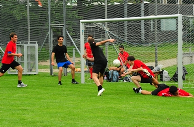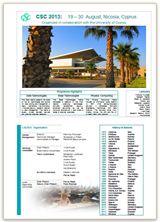| In 2013, the CERN School of Computing organizes three events | ||
|
CSC2013 The 36th main summer school, Nicosia 19-30 August, Cyprus |
tCSC2013 The 1st thematic school 3-7 June, in Split, Croatia |
iCSC2013 The 6th inverted school 25-26 February, CERN |
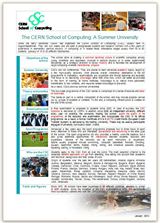
CSC in a Nutshell
| CSC2013 - The main summer school - 19-30 August, Nicosia, Cyprus | ||||||||||||
|
||||||||||||
| Application period is closed | ||||||||||||
|
About CSC: Since the early seventies CERN has organized the CERN Schools of Computing (CSC), usually held in August/September. They last two weeks and are open to postgraduate students and research workers with a few years of experience in particle physics, in computing or in related fields. Attendance ranges usually from 60 to 80 students, typically of 15 to 30 different nationalities. |
|
|||||||||||
| tCSC2013 - Mastering State of the Art Computing - 3-7 June, Split, Croatia | ||||
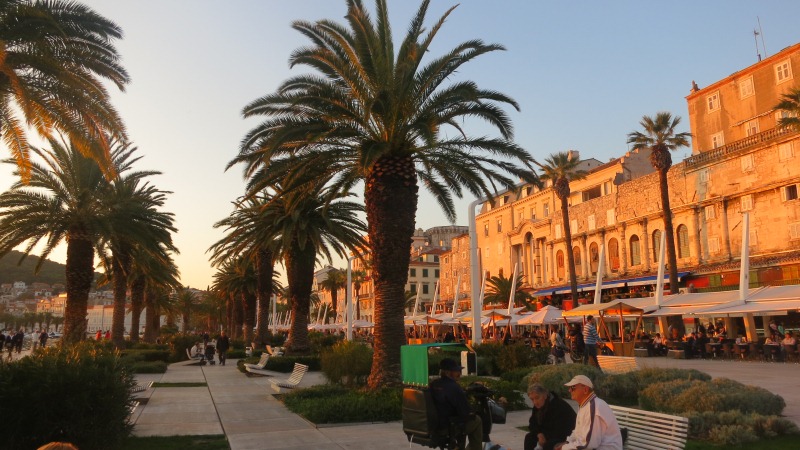 |
Mastering State of the Art Computing Data oriented design Memory programming Parallelism Efficient computing Acceleration |
|||
| Application period is closed | ||||
| iCSC2103 - Where students turn into teachers - 25-26 February, CERN | |||||||
|
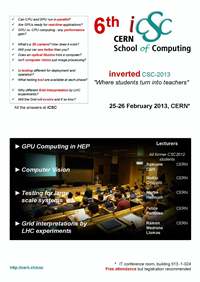 |
|
|||||
